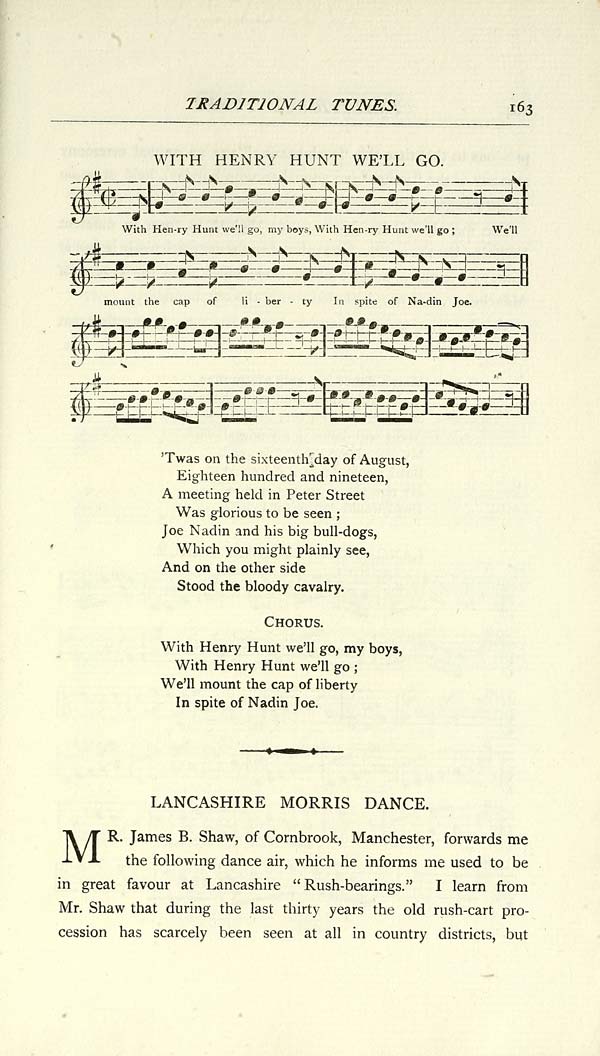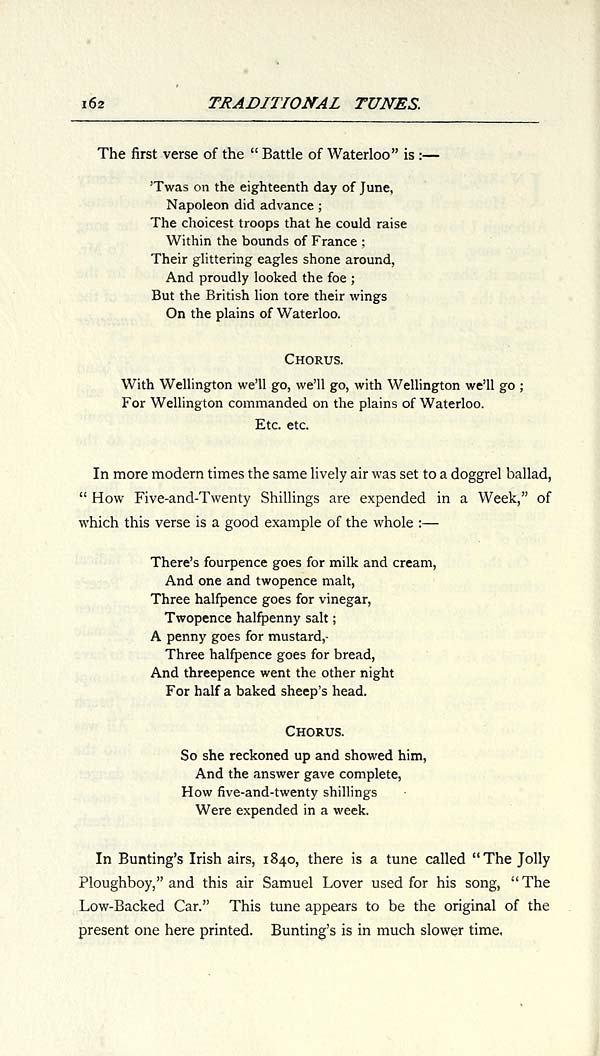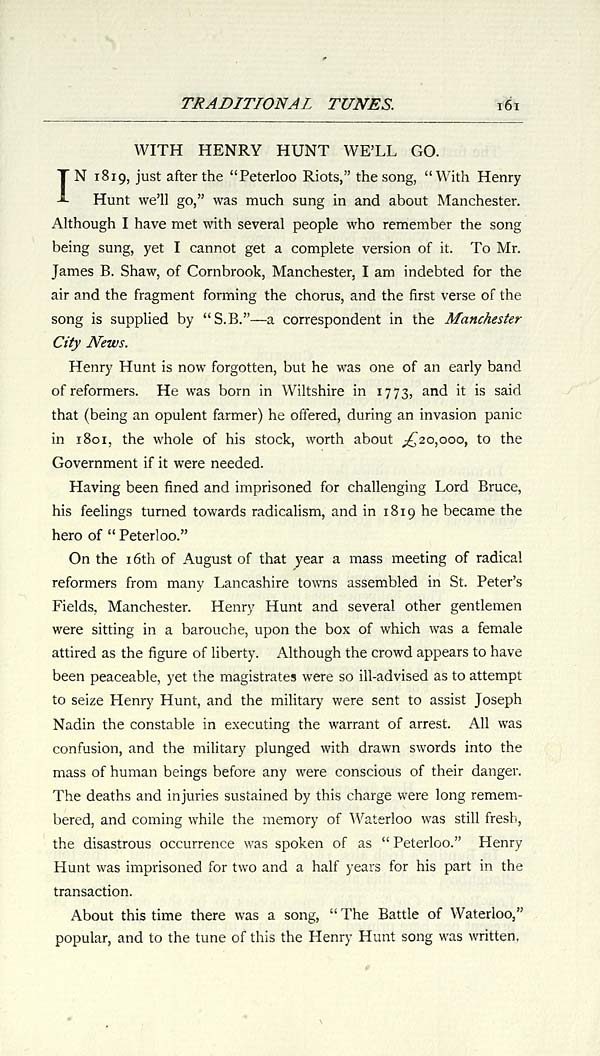My
mate Bob sent me this feature from the Citzen about Newnham on Severn:
Commemorative plaques are being placed on
walls of homes and public buildings to remember those villagers who fought in,
died in, or returned from the Great War. This summer will see eight blue
plaques for survivors, but forty-one black plaques for those who died.
Blue plaques represent the soldiers who survived the war and returned to
Newnham, while black plaques immortalise the 41 men who left the Forest of Dean
village to join the war effort and never returned home.
The treasurer of the Newnham History Group, Nigel Haig told the Citizen
that: “There has been a huge interest in the village for this project, which
we’re really grateful for. They have been really supportive.”
This was too interesting to ignore and as
the plaques will be up for the month of August only, I caught the number 23
from Gloucester on August 21st (btw a Stagecoach explorer ticket got
me from Stroud to Newnham and back for £6.50) and made my way to the other side
of the river.
It
felt like an Ivor Gurney and Will Harvey charabanc ride:
Red
apple orchards, sleepy old railway lines,
A
slow, stippled, brown mud Severn,
Cyclists,
church spires, village fetes,
The
smell of farms and the tramp of farmers’ boys,
Big
sky cumulus clouds and wood clad hillsides –
So
much so that I screened out the electricity pylons,
The
endless fields of sweet corn and the relentless traffic
(52
casualties in three years on this busy road),
Until
I reached the broad thoroughfare of Newnham,
Where
I went hunting for blue plaques.
I
started at the top of the street and worked my down,
Then
back up again to the bus stop by the church:
The
plaques are heritage blue and are of paper rather than metal,
They
sit unobtrusively on the walls of shops, cottages and houses,
And
will remain there until the end of the month, but
The
first ones to catch my eye were on the church wall:
(Every
single plaque, whether blue or black, has the same title:
‘The
Great War 1914-1918 The men who went
to war’,
And
then underneath those two lines is the citation)
Three
black and three blue on the left hand side of the church gate,
Two
black and three blue on the right hand side, two more black,
Then
another blue at the lych-gate, then blues down the High Street,
Until
two more black at Bailey’s Stores, on the corner of Station Road,
With
four blues underneath; then more blues up the High Street,
Until
another black (with four blues) at Camerons, Dean Road corner,
Then
another black plaque and three more blue plaques,
Before
I reached the bus stop opposite the church…
This
tells only a part of Newnham’s statistical story,
But
this wall marking forcefully shows the density
And
extensity of the men who marched away from Newnham,
Whilst
the citations tell a vivid tale of a world that has gone,
I choose just
four before ‘each slow dusk a drawing-down of blinds’:
‘James
Ferris Enlisted 1914-aged 25 Private, 8th Battalion, Gloucestershire
Regiment, Son of James Ferris,
Harbour
Master at Bullo Pill Docks’;
‘Stephen
Brobyn, Corporal Shoeing-Smith, 46th Brigade,
Royal
Field Artillery, Killed in action December 1918,
Son
of Robert Brobyn of Church Road’;
‘Edward
Archibald Crofton McLaughlin
2nd
Lieutenant, 7th Seaforth Highlanders
Killed
in action November 1915 aged 20
Son
of Vivian McLaughlin,
Headmaster
of Brightlands, Church Road’;
‘Herbert
Guy Bromlow McLaughlin
2nd
Lieutenant, 3rd Seaforth Highlanders
Killed
in action October 1916 aged 18
Son
of Vivian McLaughlin,
Headmaster
of Brightlands, Church Road’;
I
looked across at the dilapidated Victoria Hotel,
I
could see them all there, having a last pint,
Before
walking down the High Street, then along Station Road,
Where
so many roads led to France, the loss of innocence
And
the loss of the world of Edward Thomas:
‘
“Have many gone
From here?” “Yes.” “Many lost?”
“Yes; a good few.
Only two teams work on the farm this year.
One of my mates is dead. The second day
In France they killed him…”
“… ‘It was back in March,
The very night of the blizzard, too.
Now if
He had stayed here we should have
moved the tree.’
‘And I should not have sat here.
Everything
Would have been different. For it
would have been
Another world.’ ‘Ay, and a better,
though
If we could see all all might seem
good,’ Then
The lovers came out of the wood
again:
The horses started and for the last
time
I watched the clods crumble and
topple over
After the ploughshare and the
stumbling team.”


